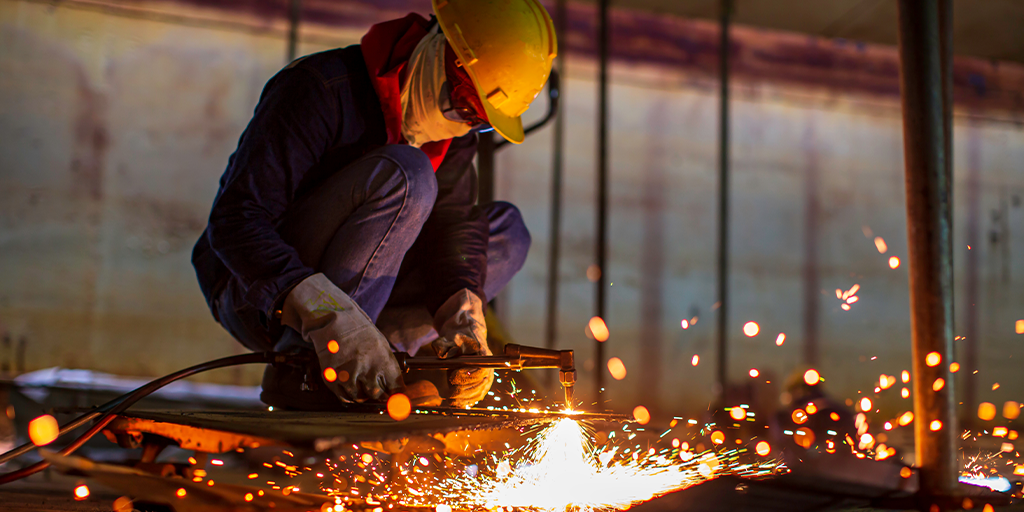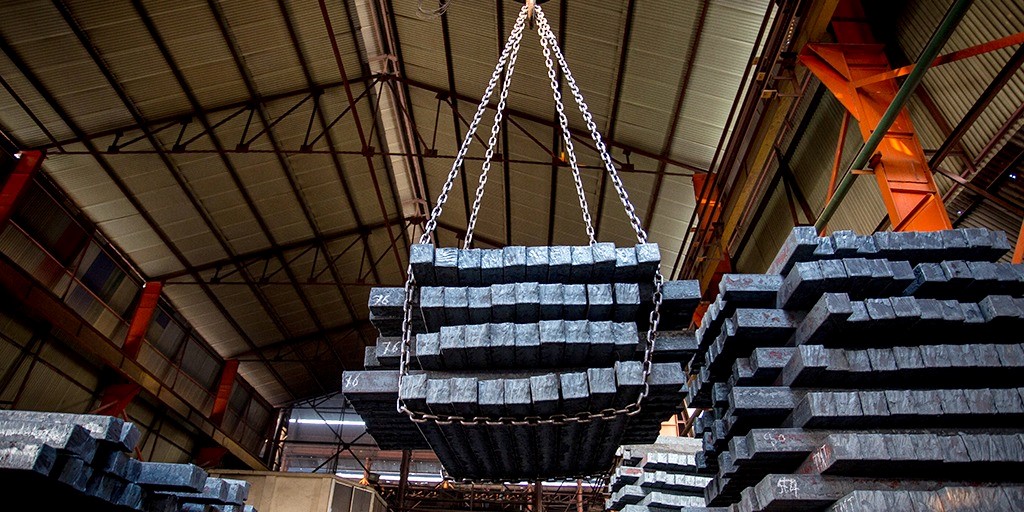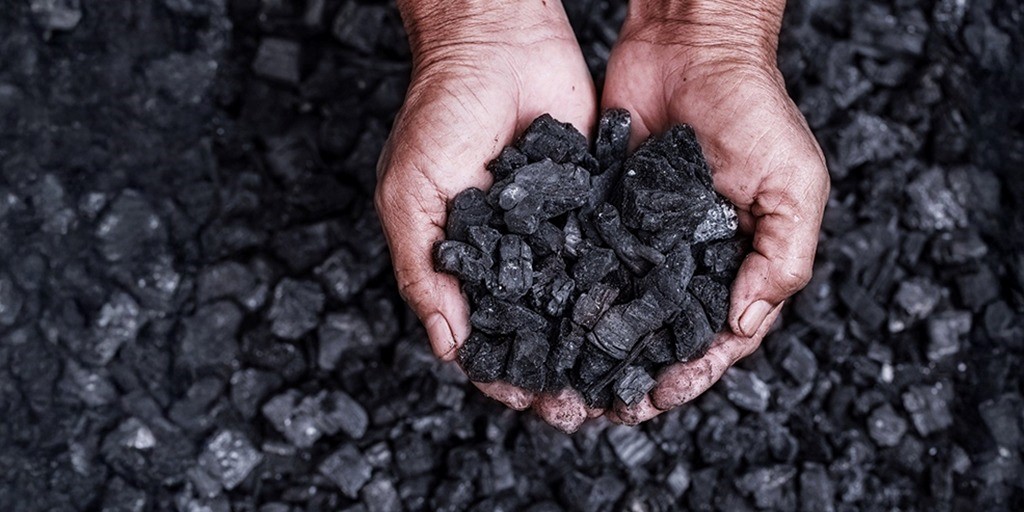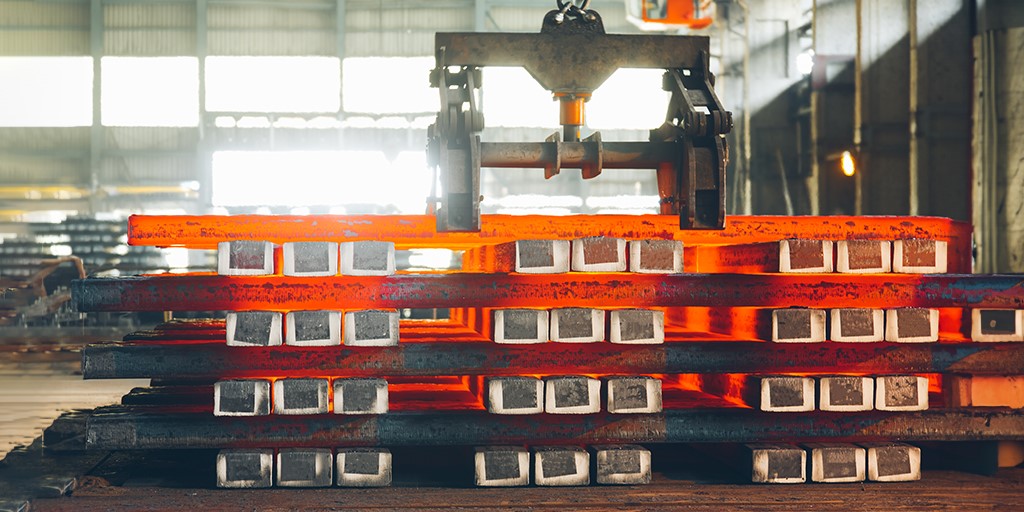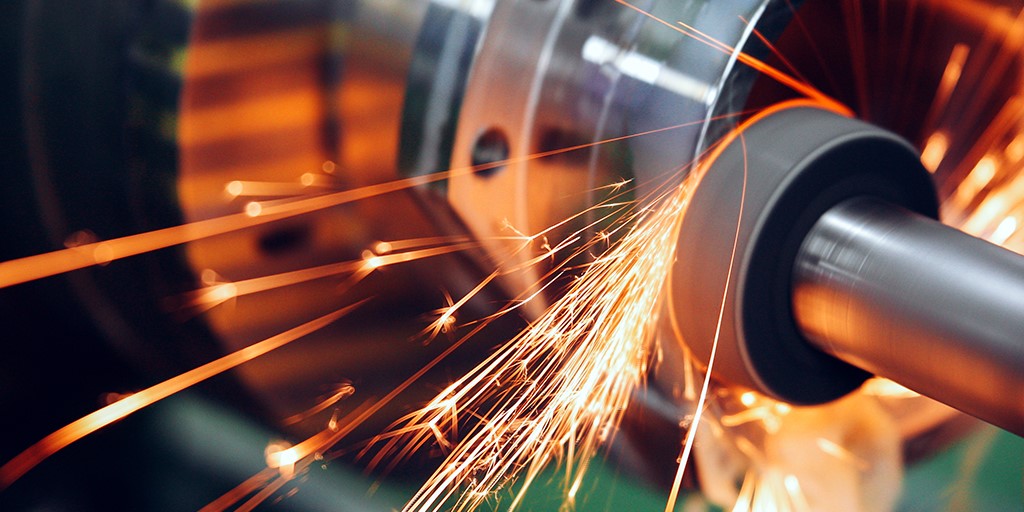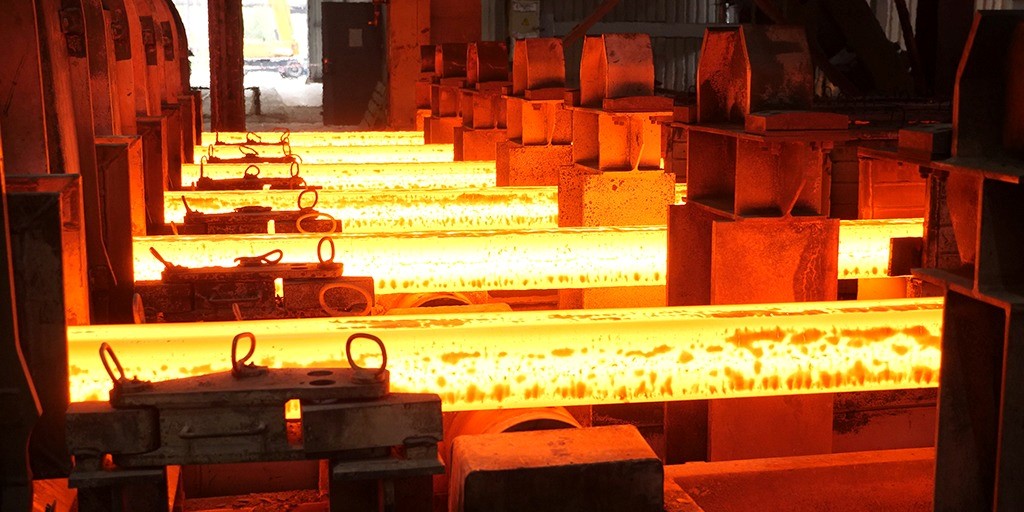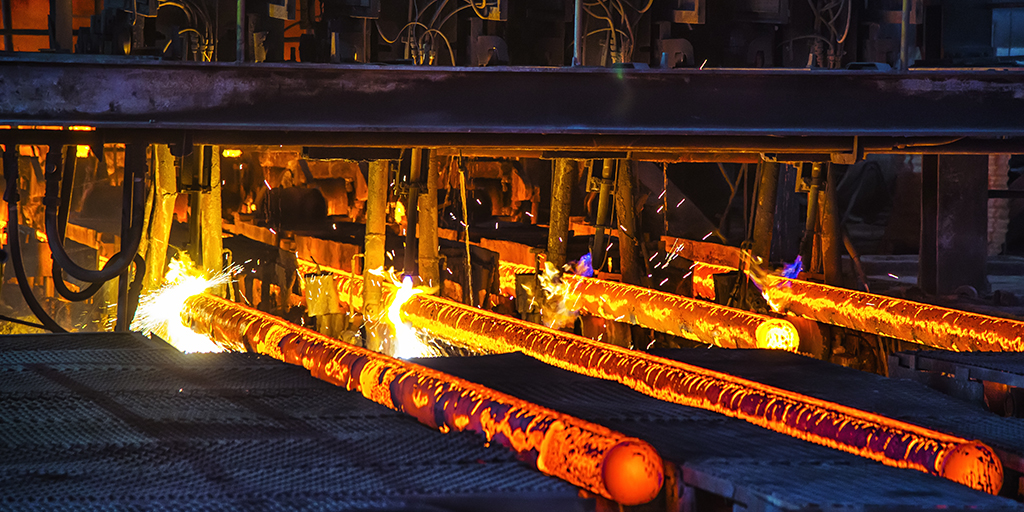
Metals: Forging the foundation of modern civilisation
The metal industry has a prominent role in India’s economic landscape. From the Indus Valley civilisation to the medieval and modern eras, advancements in the role of metal have fuelled significant growth.
Today, the metal industry is a cornerstone for manufacturing and construction, contributing to GDP, creating jobs, and boosting foreign exchange reserves through exports. Its performance closely aligns with economic conditions, thriving in times of growth and facing challenges during economic downturns.
Shyam Metalics is a top metal company in India. From mining and processing raw materials to delivering high-quality finished products, the metal-producing company’s commitment to excellence is evident at every stage of metal fabrication.
Let’s deep dive into the significance of metal in manufacturing and how Shyam Metalics is shaping the future of this crucial sector.
Role of metal in manufacturing
Metals are the very foundation on which human innovation and progress have been built for centuries. From the Bronze Age to the Industrial Revolution, metals have been instrumental in shaping our history.
Fast forward to the present, and metals continue to play a pivotal role in manufacturing processes.
Strength and durability are the hallmarks of metal in manufacturing. Steel, in particular, has been the backbone of countless structures and machinery due to its exceptional strength-to-weight ratio. This property enables the construction of robust buildings, bridges, and vehicles that can withstand environmental conditions.
The best feature of steel is its versatility. Through processes like fabrication metals can be moulded into nearly any shape or size. It is this adaptability that allows this metal to be used in diverse industries such as construction, aerospace, automotive, and healthcare.
What is the fabrication process?
Fabrication is the process of transforming raw materials into final or semi-finished products. This involves various techniques such as cutting, shaping, and moulding metal. These fabrication processes are conducted either on-site or in specialised workshops that are equipped with advanced machinery and tools. The goal of metal fabrication is to create products with specific shapes, dimensions, and functionalities that meet the desired specifications and requirements.
Metal manufacturing involves various fabrication processes, each tailored to specific project requirements. The common types of metal fabrication include casting, cutting, drawing, folding, forging, extrusion, machining, munching, shearing, stamping, and welding.
Innovations in the metal industry
The role of metal in manufacturing is as diverse as the products themselves. In construction, steel is the primary material for buildings and bridges, providing the strength needed to withstand the test of time.
The recyclability of metals is another environmentally friendly aspect that adds to their appeal in manufacturing. Unlike many other materials, metals can be recycled repeatedly without losing their inherent properties. This not only reduces the demand for raw materials but also minimises the environmental impact associated with mining and extraction.
Why is it important to recycle metals?
Extracting metals from raw ores is an energy-intensive process. Recycling metals consumes significantly less energy compared to mining and refining new ores. This energy savings translates into a reduction in greenhouse gas emissions, contributing to efforts to combat climate change.
With sustainability becoming a growing concern in manufacturing, the recyclability of metals positions them as a responsible choice for a wide range of applications.
As technology advances, so does the world of metal manufacturing.
Shyam Metalics, recognises the importance of staying at the forefront of innovation, invests in research and development to explore new possibilities. From advanced metallurgy to smart manufacturing processes, the company is poised to lead the charge into the future of metal production.
FAQ:
• What are the benefits of fabrication in the construction sector
Fabrication of steel helps in improving the quality of construction by constructing structurally sound and less maintenance buildings.
• Where is steel fabrication in construction often used?
To add to the strength of structures steel fabrication is often done in high-rise buildings, industrial structures, warehouses and even residential buildings.
• Why is it necessary to recycle metals?
Metal recycling helps preserve natural resources, put the raw materials to the best use, save money by reducing production costs, and even meet industry standards.




